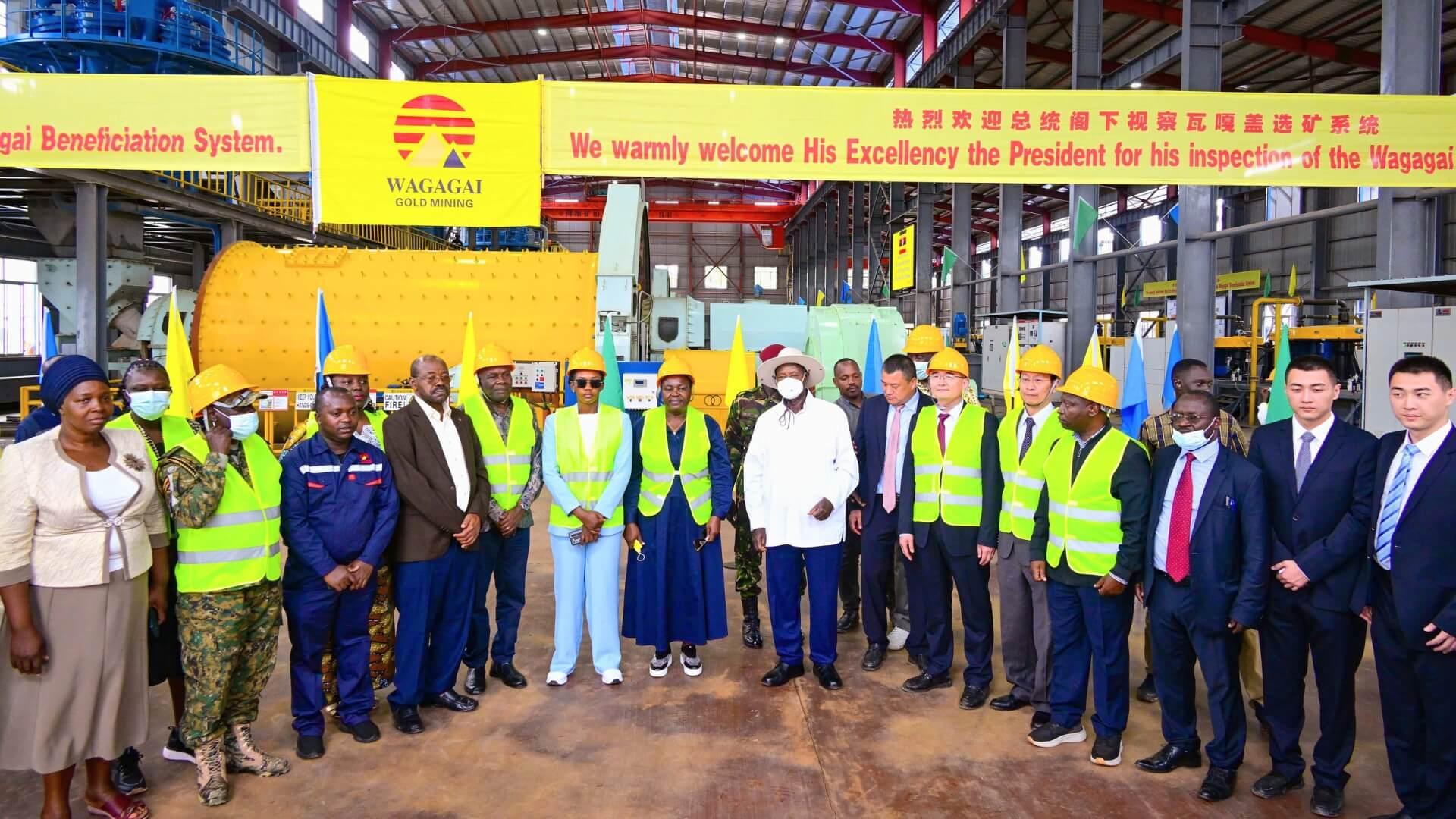A transformative moment unfolds as Uganda's first industrial gold mine begins operations, promising economic prosperity through a Chinese partnership while preserving local communities' mining heritage.
Uganda’s $250M Gold Bet: What the Wagagai Mine Means Now
A new, industrial-scale gold mine has opened in Busia, eastern Uganda—marking an inflection point for a country long reliant on artisanal mining. The $250 million Wagagai project, operated by Wagagai Mining (U) Ltd, a subsidiary of China’s Liaoning Hongda, represents Kampala’s push for value addition, higher fiscal returns, and job creation under the new 2022 mining reforms.

For Uganda, it signals a shift from re-exporting raw gold toward refining domestically and exporting at global market standards.
The reforms under the Mining and Minerals Act, 2022, aim to capture more value in-country. Uganda now requires refining to 99.9% purity, ties production to a national gold purchase program, and links mining licenses more directly to capital strength.
The state has also reserved equity stakes in medium and large projects. Beyond economics, this deepens Chinese influence under the Belt and Road Initiative, even as Uganda courts wider partners for rail and logistics investments to reduce export costs.
The Numbers That Matter
- Capital investment: $250M, with phased expansion planned.
- Jobs: Thousands projected at peak, including skilled roles through training.
- Output: Industrial-scale production, moving Uganda from trace levels to significant annual tonnage.
- State revenue: Equity stakes, royalties, corporate tax, and knock-on local content benefits.
The mine could transform Busia’s local economy through higher incomes, services, and SME growth—if local content commitments are enforced. Yet artisanal miners face disruption as informal operations give way to industrial processes, raising questions about wage substitution, formal integration, and loss of autonomy.
Environmental performance will be another test: tailings management, water use, and land resettlement must be transparent to avoid community backlash. Poor handling could undermine the mine’s social license.
Voices From the Ground
“We must capture full value from our minerals through refining and industrialization,” said a senior government official.
“Refining at near 100% purity changes bargaining power for our gold and our people,” noted a local leader in Busia.
“Technology transfer and strict compliance will determine whether this becomes a model—or a missed chance,” cautioned a mining policy expert.
Why This Matters for Africa
If handled well, Wagagai could be a template for African resource economies: moving up the value chain, formalizing labor, and leveraging foreign investment while protecting communities and ecosystems. If mismanaged, however, the project could reinforce inequality, deepen local grievances, and entrench dependency on a single investor base.
What’s Next
- Ramp-up to steady-state production, with independent environmental and safety audits.
- Implementation of a domestic gold purchase scheme and enforcement of local content rules.
- Integration with export infrastructure—especially rail—to shape competitiveness.
- Ongoing monitoring of resettlement, community engagement, and artisanal integration to prevent conflict.
Leave a comment
Your email address will not be published. Required fields are marked *





